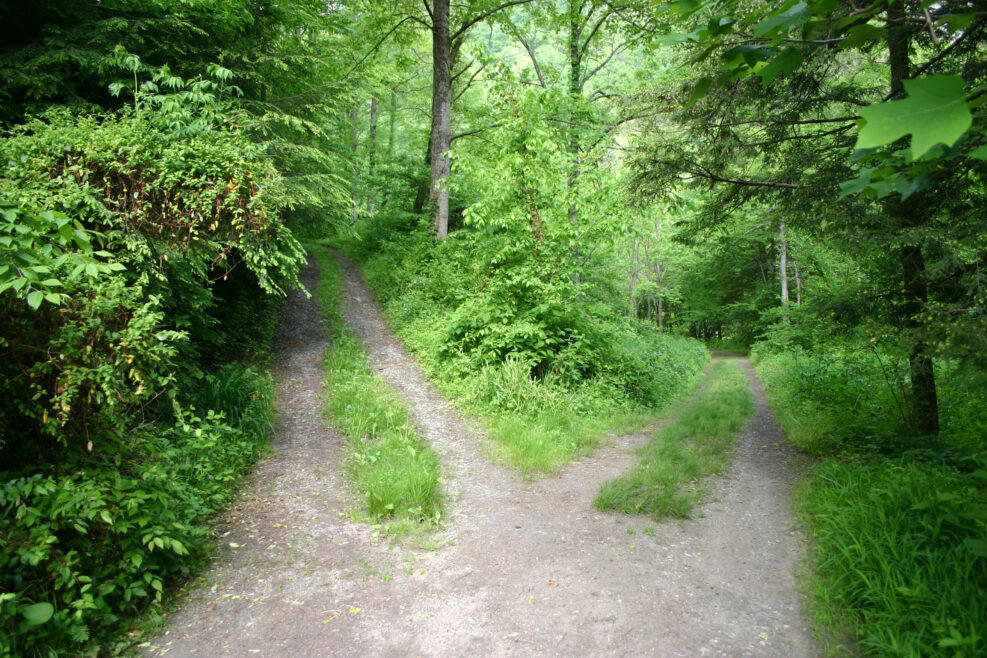
CategoryFree will


How Neuroscience Disproved Free Will and Then Proved It Again
In this excerpt from Minding the Brain (2023), neuroscientist Cristi L. S. Cooper discusses the discovery of “free won’t” — the decision NOT to do something
Once a Supporter, Science Writer Airs Doubts About Free Will
ChatGPT has set John Horgan thinking about whether he is just "ChatGPT-Me" himself
The Free Will Debate Really Heated Up This Year
Many commentators are weighing in; surprisingly, perhaps, well-known materialists are disputing the claim that there is no free will
Why Free Will Denial is Self-Refuting
If free will deniers are right, their denial of free will is just a biological ink stain.
Can Evolution Create Free Will? A Neurologist Says Yes
Could the impersonal natural force of evolution shape hierarchies in the human cerebral cortex so that we have the free will that it does not itself have?
Neuroscience Has Never Provided Much Evidence for Materialism
In a chapter of the new book, Minding the Brain, neurosurgeon Michael Egnor points out that many great neuroscientists were non-materialists
Free Will: What Are the Real Reasons to Believe in It?
Some say that free will might be a useful delusion but neuroscience provides sound reasons to believe that it is real.University of Missouri psychology professor Kennon Sheldon’s message is neatly summed up in an opening statement: “Regardless of whether humans do or don’t have free will, psychological research shows it’s beneficial to act as if you do”. The author of Freely Determined: What the New Psychology of the Self Teaches Us About How to Live (Basic Books, 2022) responds to philosophers who say that we do not have free will: All my life, I’ve struggled with the question of whether humans have ‘free will’. It catalysed my decision to become a psychologist and continues to inspire my research to this day, especially as it relates to the kinds of goals people set for themselves, and the effects of goal-striving on Read More ›

Escape from Spiderhead and the Question of Love
Is love more than a chemical reaction and are humans more than machines made of meat?Brave New World, a speculative work by British writer Aldous Huxley, explores a society where people are conditioned via drugs and genetic engineering to live stable, highly pleasurable, but totally meaningless lives. One pop of a pill, and negative feelings like sadness, anger, or envy vanish. In the brave new world, “everyone belongs to everyone else,” and pleasure supplants purpose. A Story for Our Age That book was written in 1932. Fast forward to the twenty-first century and another fictional work, albeit shorter, goes arguably even deeper than Huxley’s magnum opus. The short story Escape from Spiderhead by George Saunders is about a group of inmates being tested by mood-altering drugs in a facility nicknamed “Spiderhead” for its nebulous layout. Read More ›

Sean Carroll: “How Could an Immaterial Mind Affect the Body?”
The well known physicist thinks free will is nonsense. But has he investigated the classical understanding of causation?Sean Carroll is a theoretical physicist at Johns Hopkins University who takes an atheist and materialist philosophical perspective on nature and on science. I have disagreed with him often — I’m in no position to judge his scientific acumen, but his philosophical acumen leaves a lot to be desired. An example of this is a question he asks in a recent documentary about free will (which I haven’t watched yet). In the trailer for the movie, Carroll asks, How in the world does the immaterial mind affect the physical body? Carroll’s denial of libertarian free will is based on this question, and of course, he believes that the immaterial mind does not exist and, if it did exist, could not Read More ›

Do Animals, as Well as Humans, Have Free Will?
One can make a case for animal free will in the strict sense that no life form is bound by complete determinism because it doesn't existIn 2009, University of Würzburg biology professor Martin Heisenberg wrote a defense of animal free will in Nature, basing his argument on the behavior of flies: For example, my lab has demonstrated that fruit flies, in situations they have never encountered, can modify their expectations about the consequences of their actions. They can solve problems that no individual fly in the evolutionary history of the species has solved before. Our experiments show that they actively initiate behaviour4. Like humans who can paint with their toes, we have found that flies can be made to use several different motor outputs to escape a life-threatening danger or to visually stabilize their orientation in space. Heisenberg, M. Is free will an illusion?. Nature Read More ›